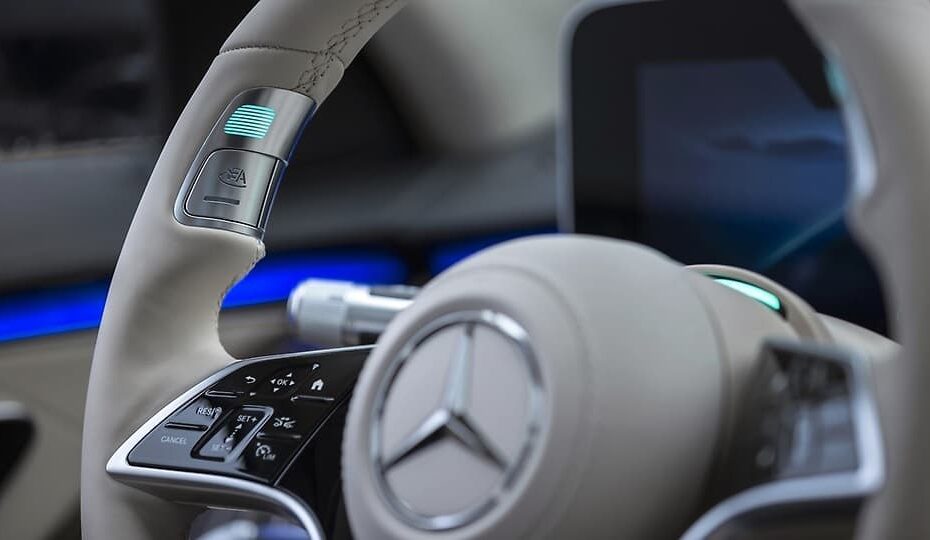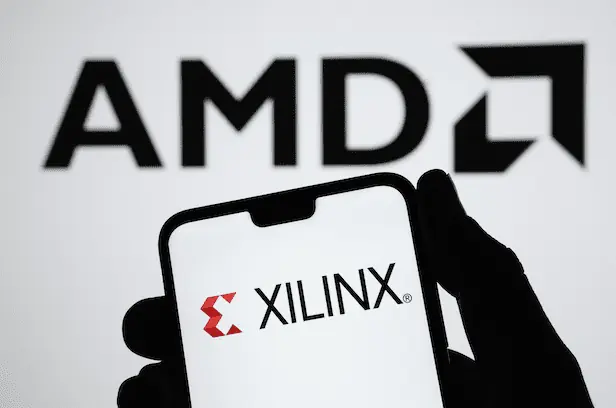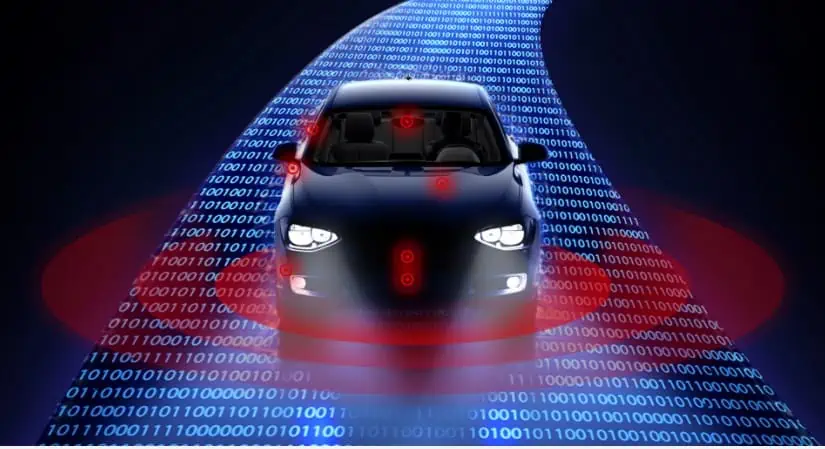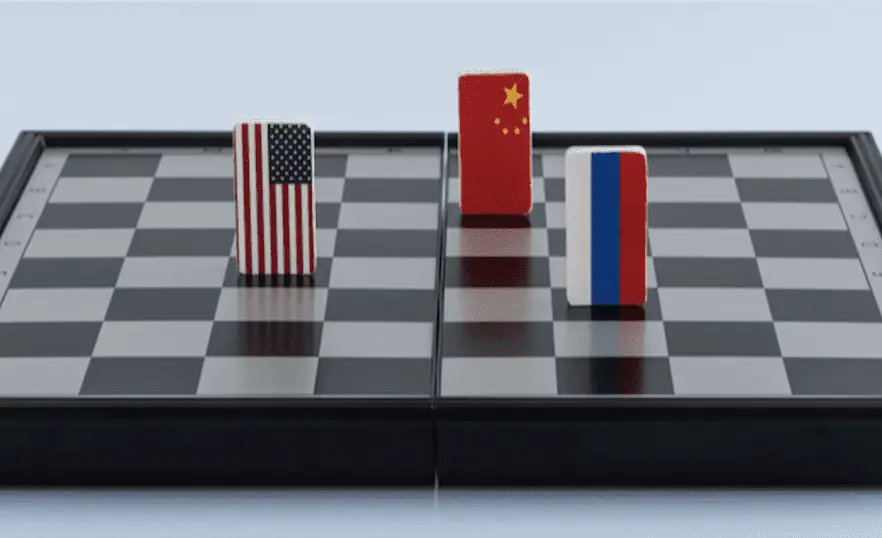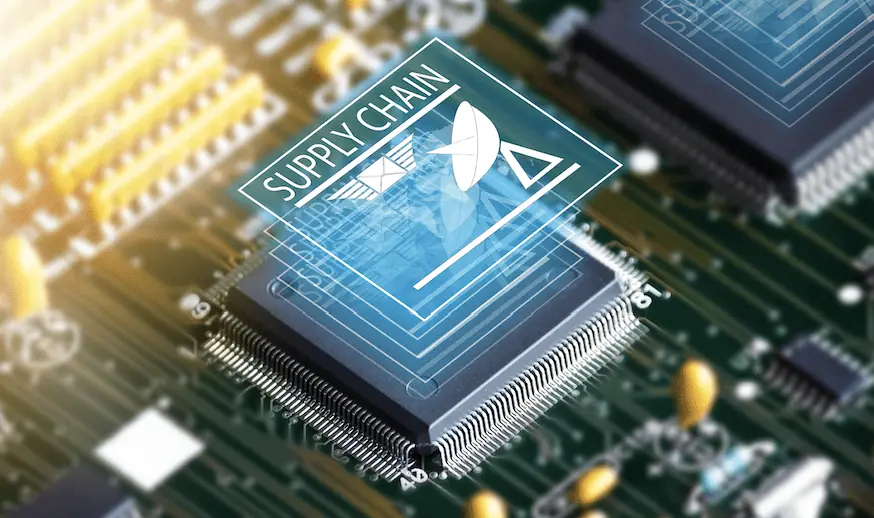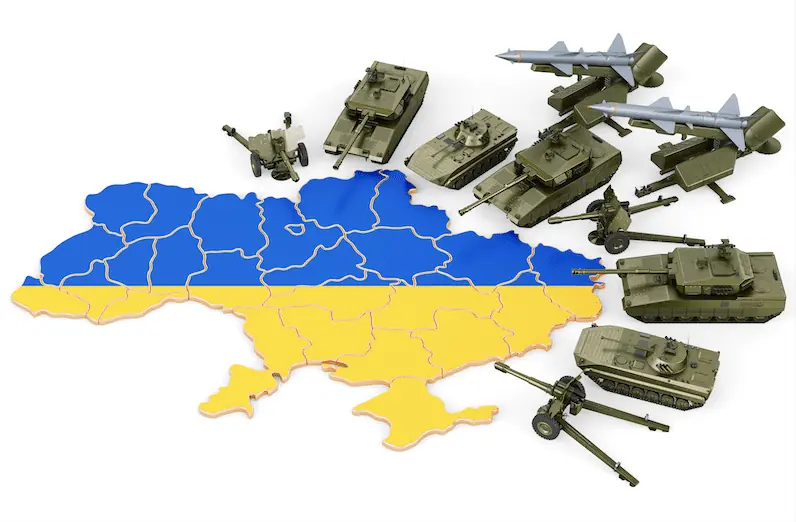Is Haviv Ilan Set to Succeed Templeton as TI’s CEO?
By Bolaji Ojo
What’s at stake?
After 42 years at Texas Instruments, Rich Templeton may be ready to hand over the reins to a new CEO. The Ojo-Yoshida Report believes COO Haviv Ilan is in line to succeed Templeton, but the hard question is whether a new CEO will make drastic changes at the analog and embedded-processor giant.
Texas Instruments Inc. early in December named Haviv Ilan to its board of directors, potentially moving the senior executive into the pole position to succeed Richard Templeton as president and chief executive officer in as little as months or at most a couple of years from now.
Read More »Is Haviv Ilan Set to Succeed Templeton as TI’s CEO?


